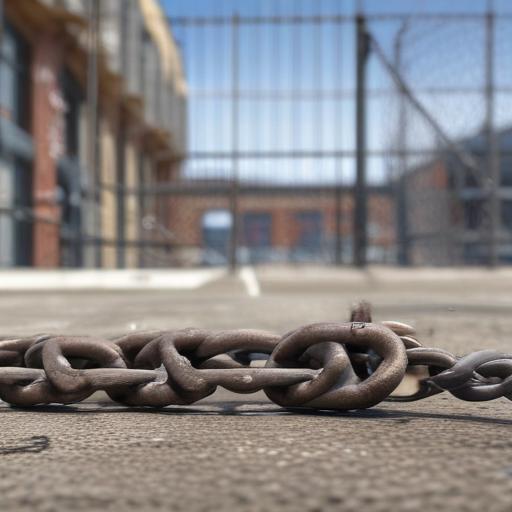New York City is set to relinquish full control of its jail system, including the infamous Rikers Island complex, following a federal judge’s determination that the city has failed to address ongoing dysfunction and violence affecting detainees. U.S. District Judge Laura Taylor Swain announced on Tuesday her decision to appoint a “remediation manager” tasked with restoring order within the jails and ensuring compliance with prior court mandates.
This remediation manager will have considerable authority over essential aspects such as staff hiring, deployment, and disciplinary actions related to the use of force. While the city’s corrections commissioner will continue overseeing daily operations, the newly appointed manager will report directly to the court to implement needed reforms.
Judge Swain’s 77-page order highlights a failure to improve conditions in the jails, which have seen escalating violence and a “grave and immediate threat” to the constitutional rights of inmates. Signs of unrest have persisted despite nearly a decade of federal oversight stemming from a class-action lawsuit initiated by detainees.
In response to the city’s non-compliance with various court orders, Judge Swain recently found the city in contempt for not adhering to 18 mandates concerning security and the treatment of young detainees. This ruling has opened the door for federal intervention at Rikers, which has widespread support among advocacy groups but has been met with resistance from Mayor Eric Adams.
Adams expressed skepticism about the need for an outside manager, questioning how much oversight is necessary before acknowledging the systemic issues within the jail system. Meanwhile, Benny Boscio, president of the correction officers’ union, stated that the union is prepared to cooperate with the incoming manager while advocating for the rights and working conditions of its members.
Detainee advocates view this intervention as a significant move toward meaningful reform. Debbie Greenberger, an attorney representing detainees, emphasized the potential for meaningful change in the culture of violence that has persisted in city jails. She expressed cautious optimism, noting that while real transformation will not happen overnight, there may finally be a path forward for much-needed improvements in the system.
This development reflects ongoing struggles in addressing the complicated dynamics of incarceration in New York City while pointing toward a possible shift in the treatment of those held within its jails. As changes unfold, there is hope for a more humane and orderly environment for all individuals in custody.
